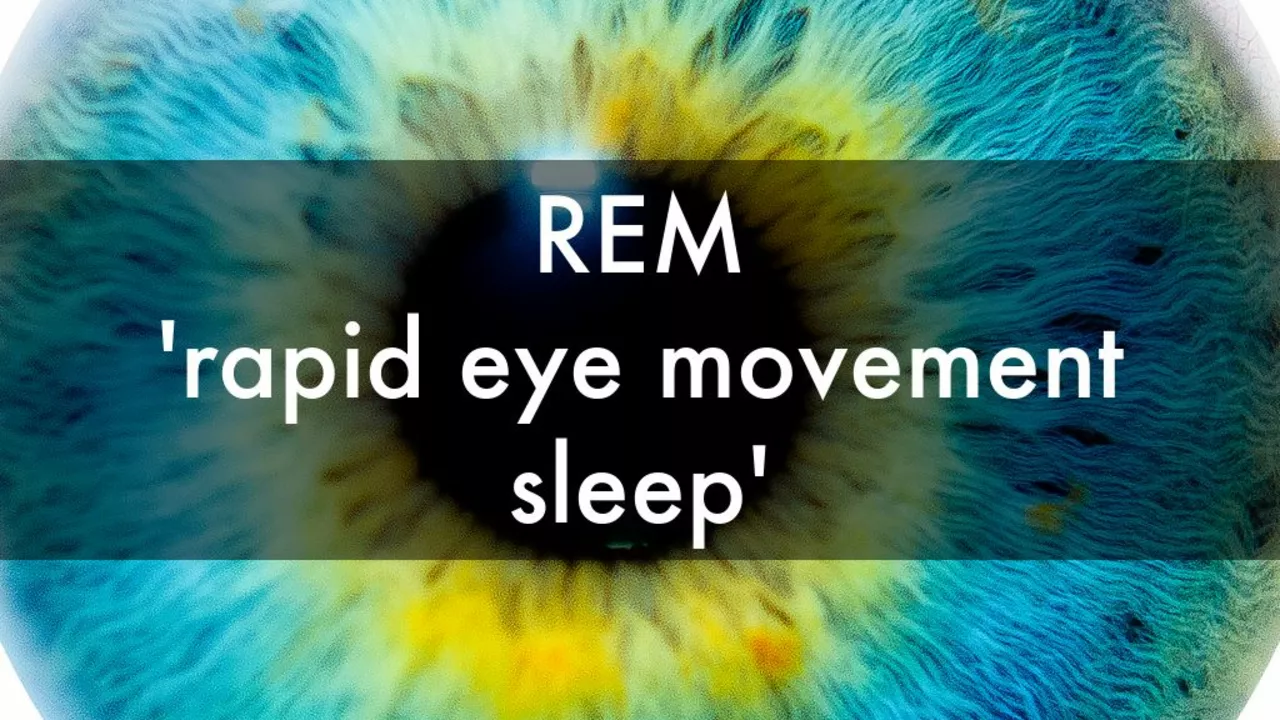Metabolism: Practical Ways to Boost Your Metabolic Health
Want your body to use energy better? Metabolism is how your body turns food into fuel. Some people think it’s fixed, but small changes in food, activity, sleep, and medications can make a real difference. Here are clear, practical steps you can use today.
What metabolism really means and how to check it
Metabolism includes basic energy needs (basal metabolic rate), digestion, and activity. If you’re worried it’s slow, start with simple checks: fasting blood glucose, HbA1c, TSH for thyroid function, and a B12 level if you take certain drugs like metformin. Your doctor can order these tests and explain results.
If weight or energy is a problem, track daily steps and sleep for two weeks before changing too much. Small data—like poor sleep or low steps—often explains slow progress more than “bad metabolism.”
Quick, practical ways to support metabolism
Eat enough protein: aim for roughly 25–30 g of protein at meals to keep muscle and raise the calories burned during digestion. Add a source like eggs, yogurt, chicken, or beans.
Strength train 2–3 times a week. Muscle burns more calories at rest than fat, so lifting weights or doing bodyweight exercises helps long-term. Even 20–30 minute sessions work if you stick with them.
Move more outside workouts: increase NEAT (non-exercise activity) by taking stairs, walking meetings, or parking farther away. These small moves add up.
Do some high-intensity intervals once or twice weekly if your doctor clears you. Short, intense bursts raise metabolic rate after exercise and improve insulin sensitivity.
Sleep and stress matter. Aim for regular sleep, 7–8 hours if you can. Chronic stress raises cortisol and can slow fat loss and energy levels.
Drink water before meals. Mild dehydration can lower resting metabolic rate. Cold water has a small extra calorie burn effect when your body warms it up.
Don't fall for crash diets. Very low-calorie plans lower metabolism fast and make weight regain more likely. Focus on steady, sustainable changes instead.
Medications, supplements, and red flags
Some meds and supplements affect weight, appetite, or blood sugar. For example, metformin is common for type 2 diabetes but some people look for alternatives due to side effects like stomach upset and B12 changes. If you’re considering alternatives, talk with your clinician—don’t stop meds on your own.
Supplements like indole-3-carbinol have specific dosing and safety notes—follow evidence-based guidance and check for interactions. Natural remedies such as prickly pear cactus may help blood sugar a bit, but they’re not a substitute for treatment.
Be careful buying prescription meds online. Use reputable pharmacies and confirm prescriptions with a doctor. If you see confusing side effects or new symptoms after starting a drug, contact your prescriber right away.
Want next steps? Get basic labs, pick one diet or activity change to keep for four weeks, and schedule a follow-up with your clinician. Small, consistent moves beat dramatic attempts every time.
Learn how anemia and nutrient deficiencies slow metabolism, hinder weight loss, and what diet, tests, and treatments can restore energy and boost calorie burn.
As a blogger, I've recently discovered the significant impact Rapid Eye Movement (REM) sleep has on weight loss and metabolism. It turns out, during REM sleep our bodies are actually burning calories at a higher rate compared to other sleep stages. This is mainly because our brains are highly active, leading to an increased demand for energy. Moreover, getting enough REM sleep can help regulate our appetite and prevent overeating. So, prioritizing good sleep quality is essential not only for our overall well-being, but also for maintaining a healthy weight and metabolism.

